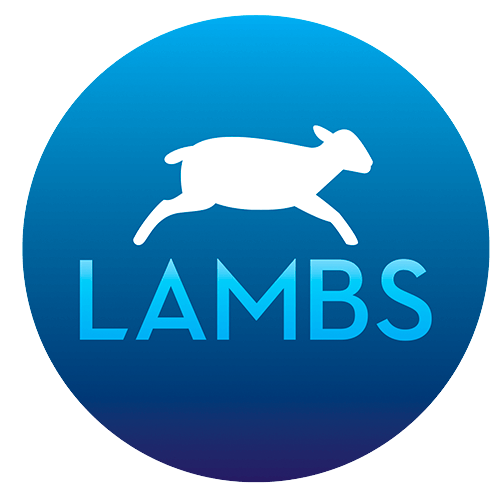-
Didn’t Jesus eat meat?
The animal agriculture industry today is rife with abuse. Factory farmers mutilate animals without using any painkillers, keep them in cages so small that they can’t spread their limbs, and slit their throats and allow them to bleed to death. In other words, it’s nothing like raising and killing animals for food in first-century Palestine. Jesus would be horrified by today’s factory-farming practices. A vegan diet is consistent with Jesus’ teachings, particularly his love for those whom society has rejected, marginalized, and oppressed. The billions of needless deaths that we cause in order to satisfy our craving for flesh must be very sad for a God whose very nature is to love.
-
Do you really think eating meat is a sin?
Animals on factory farms are painfully castrated and have their beaks or teeth chopped off, their horns carved out of their skulls, brands burned into their skin, and more—all without any painkillers. At the slaughterhouse, animals are strung up by one leg and their throats are cut, often while they’re still conscious. Animals are routinely skinned or dismembered while they’re still alive. The mammoth meat, dairy, and egg industries are built on cruelty, oppression, and abuse—they are sinful structures, and Christians should reject them.
-
Why should Christians ‘go vegan’?
There are a couple of ways to think about being vegan. Some people eat only vegan food, which is a great first step. Vegan food is consistent with Jesus’ teachings of compassion and mercy. He would be appalled by the abuse of animals on filthy factory farms and in slaughterhouses. Other Christians abstain from using all animal products, since the reality is that you can’t get milk, eggs, or leather without causing harm to animals. And others buy cruelty-free products (those not tested on animals) for the same reason.
-
What about ‘free-range’ or ‘humane’ meat, dairy products, and eggs?
There is absolutely no such thing as “humane” meat. Investigations have revealed horrific conditions on farms and in slaughterhouses, including at religious facilities, that are so-called “humane.” However, many people find that going vegan is a process that starts with eliminating the worst of the worst products and moving forward from there. Eliminating factory-farmed animal products and having as many meat-free meals as possible would be a wonderful step in the right direction.
-
Doesn’t the Bible say we have dominion over animals?
The dominion with which God privileged humans in Genesis is nothing like what we practice now. Dominion means stewardship, not dominance. Christianity emphasizes mercy and respect for life and opposes cruelty. There is nothing merciful about factory farms—baby chicks have part of their beaks chopped off, piglets have their tails cut off, and fish are slowly suffocated to death. Animals are often skinned or dismembered while they’re still alive. Christians everywhere can reject this cruelty by adopting a healthy vegan diet.
-
Didn’t God require animal sacrifices?
Hebrews 8-9 tells us that Jesus is the mediator of a better covenant, one in which his own blood replaces that of goats and calves.
-
Jesus told Peter to kill and eat animals. How can you say Jesus would want me to be vegan?
If Peter’s vision in Acts 10 is read in its complete context, it’s easy to see that the vision isn’t about carte-blanche permission to eat at a dead-animal buffet but a call for radical inclusion. Where Jews and Gentiles had formerly been separated by laws and culture, now both were given the opportunity for new life in Christ. In other words, Peter’s vision is a metaphor.
-
Want to get your animal companion blessed?
You’ve come to the right place!
